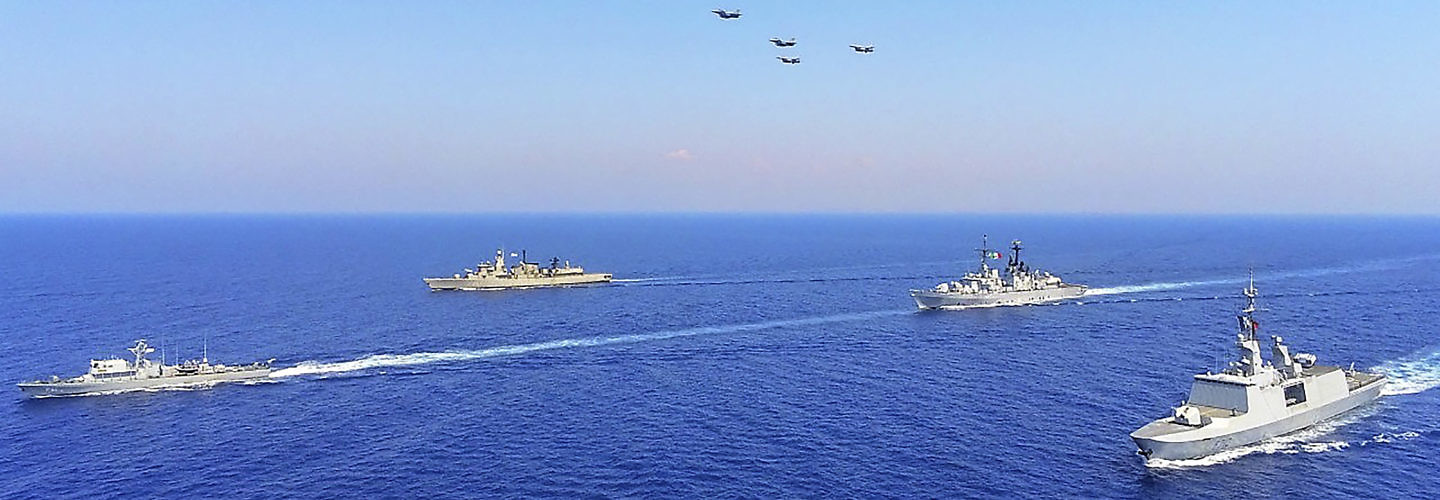
Image Source: theglobalobservatory
Introduction
Maritime security remains a critical concern, especially in developing regions where various challenges threaten the safety, stability, and prosperity of nations. From piracy to illegal fishing and territorial disputes, the issues confronting these areas demand strategic attention.
Key Challenges
1. Piracy and Armed Robbery: The prevalence of piracy in regions such as the Gulf of Aden, South China Sea, and the Gulf of Guinea poses significant threats to maritime trade and security.
2. Illegal Fishing and Environmental Concerns: Unregulated fishing practices not only deplete marine resources but also harm the environment, impacting local economies and food security.
3. Territorial Disputes: Conflicting territorial claims among nations often escalate tensions, leading to potential conflicts and disrupting maritime activities.
4. Smuggling and Trafficking: Illicit activities including smuggling of arms, drugs, and human trafficking exploit maritime routes, challenging law enforcement efforts.
Efforts to Address Challenges
1. International Cooperation: Collaborative efforts among nations through forums like the United Nations Convention on the Law of the Sea (UNCLOS) and regional partnerships play a crucial role in addressing maritime security concerns.
2. Capacity Building and Infrastructure Development: Enhancing capabilities in surveillance, law enforcement, and infrastructure development in ports and coastal areas is essential to combat security threats.
3. Legal Frameworks and Diplomacy: Establishing clear legal frameworks and engaging in diplomatic dialogues can help in resolving territorial disputes and fostering peaceful resolutions.
4. Technology and Innovation: Leveraging technological advancements such as satellite monitoring, drones, and AI-based surveillance systems aids in monitoring maritime activities and enhancing security measures.
UPSC Perspective
For UPSC aspirants, understanding the complexities of maritime security issues is crucial. Questions related to these challenges often appear in the exam, requiring candidates to have a comprehensive grasp of the geopolitical, economic, and strategic dimensions of maritime security.
Furthermore, analyzing case studies and staying updated with current affairs related to maritime security developments worldwide can significantly benefit aspirants in their preparation.
Conclusion
Navigating security challenges in developing regions requires a multifaceted approach involving cooperation, capacity building, and innovative strategies. Addressing these issues not only ensures safety at sea but also contributes to economic growth, environmental sustainability, and regional stability.